What’s the Buzz
The Bee Healthy Blog
Postpartum Depression and Breastfeeding: What You Need to Know

For decades, researchers have been trying to understand the connection between breastfeeding and postpartum depression. The relationship between the two is complicated. While some studies suggest that breastfeeding protects against postnatal depression, others indicate that breastfeeding difficulties can lead to poor postpartum mental health in new mothers.
In this article, we will look at what the evidence says about breastfeeding and postpartum depression.
What is postpartum depression?
Postpartum depression is a mental health condition that affects 13-19% of women who have recently had a baby. It is characterized by low mood and feelings of sadness, hopelessness, and worthlessness.
It is worth noting that postpartum depression is different from what is commonly called the “baby blues.” Baby blues affect up to 80% of women. They refer to a brief period of mood changes such as irritability, anxiety, tearfulness, dissatisfaction with life, and sleep difficulties in the first few days after childbirth. Baby blues usually go away within 10 days—however, the emotional disturbances associated with postpartum depression can last well beyond the early postpartum period.
What are the consequences of depressed mothers?
Postpartum depression can have a significant impact on maternal mental health. Women experiencing maternal depression are at increased risk of developing other psychiatric disorders such as anxiety disorder, panic disorder, and obsessive-compulsive disorder. Additionally, women who experience postpartum depression may have suicidal ideation (thoughts of harming themselves or the infant).
Other consequences of the mother’s negative mood include disrupting a healthy mother-infant interaction and bonding. As a result, postnatal depression can affect the infant’s social, emotional, physical, and cognitive development.
What is the relationship between breastfeeding and postpartum depression?
The relationship between breastfeeding status and postpartum depression is not a straightforward one.
Initially, medical professionals and researchers believed that the relationship was unidirectional in that postpartum depression led to early breastfeeding cessation and shorter breastfeeding duration.
More recent research suggests that the relationship is, in fact, bidirectional. While depressive symptoms in new mothers can lead to reduced breastfeeding rates, the failure to initiate breastfeeding can increase the risk for postpartum depression.
Women’s mental health and breastfeeding relationship
- Breastfeeding may be protective against postnatal depression. Studies have shown that women who have never established a breastfeeding relationship with their infant have a 2.4 times higher risk of developing postpartum depressive symptoms than women who feed their infant breast milk.
- Breastfeeding mothers experience an improvement in mood after feeding their infant.
Relationship between feeding method and postpartum depression
- Bottle-feeding mothers are more likely to develop depression compared to breastfeeding mothers.
- Mothers with exclusively breastfed babies were found to have lower levels of depressive symptoms compared to mothers with partially breastfed infants and mothers with infants on bottle feed only. Therefore, exclusive breastfeeding appears to positively affect women’s health with reduced perceived stress and depression.
Breastfeeding practices, duration, and severity of depressive symptoms
- Early negative breastfeeding experiences may be associated with postpartum depressive symptoms. In other words, women who experience breastfeeding difficulties, for example, those who attempt to breastfeed but fail to do so due to low milk supply, are at increased risk of depressive symptoms in the postpartum period.
- Mothers who experience postpartum depression are more likely to stop breastfeeding early.
- While negative experience with breastfeeding can influence the development of postnatal depression, it does not appear to be related to the severity of depressive symptoms. Failure to breastfeed does not appear to cause more severe postpartum depression.
Relationship between breastfeeding and maternal depression before delivery
- Women with prenatal depression (depressive symptoms before childbirth) have been found to have reduced intention to breastfeed, and reduced initiation of breastfeeding after the baby is born.
- Women who do not have depressive symptoms before delivery have a lower risk of postpartum depression if they intend to breastfeed and start breastfeeding. On the other hand, the risk for postpartum depression is higher in women who do not have an intent to breastfeed or do not start breastfeeding.
So, what’s the conclusion?
The research findings are conflicting, but most studies report an association between breastfeeding and postpartum depression.
The truth is that the interaction between breastfeeding and postpartum depression depends on various complex psychological, sociocultural, and physiological factors.
Scientists believe it is a reciprocal relationship whereby postpartum depression can lead to early discontinuation of breastfeeding in women who have initiated breastfeeding, but successful breastfeeding reduces postpartum depression.
Moreover, not only is it depressive symptoms after delivery, but also perinatal depression around the time of delivery can lead to a reduced frequency of breastfeeding and early cessation of breastfeeding practices.
Finally, research also shows that a greater frequency of breastfeeding can lead to a significant decrease in depressive symptoms and positive mood for many months or even years after childbirth.
Closing Thoughts
Breastfeeding has many benefits for the infant and maternal health. However, it may not be right for every woman, and it is okay to seek alternative forms of providing nutrition to an infant.
Healthcare professionals should take time to understand women’s intentions and discuss the pros and cons of breastfeeding with pregnant women to help them understand their options and make the best plan.
Postpartum depression is a mental illness that can develop whether a woman chooses to breast feed or not. There are many medications and therapies available to help mothers experiencing depressive symptoms. Antidepressant medication may, for instance, allow a mother with depressive symptoms to continue breast feeding.
Talk to your maternal health professional if you are negatively affected by postpartum depression, and it is affecting your ability to breastfeed your baby.
References:

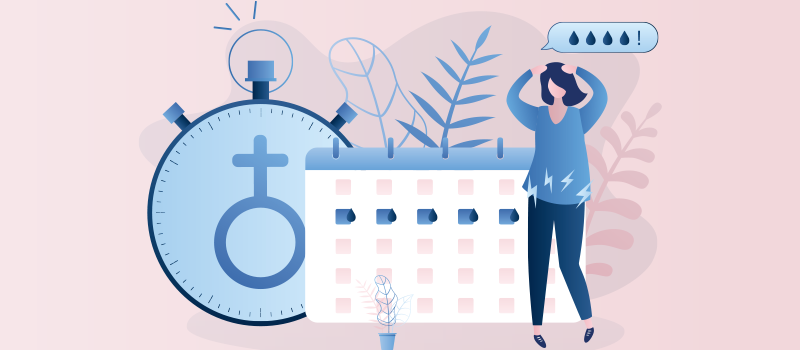
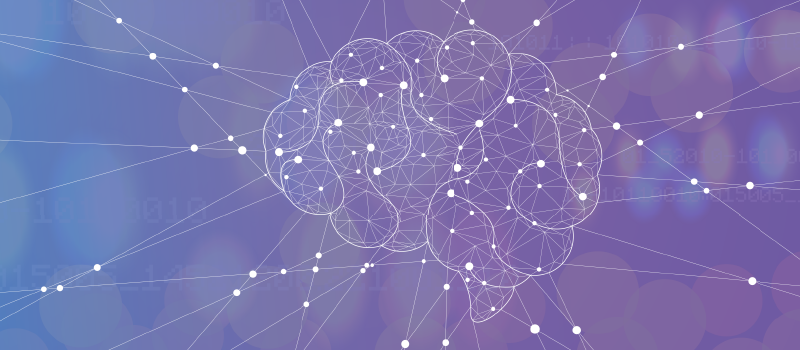



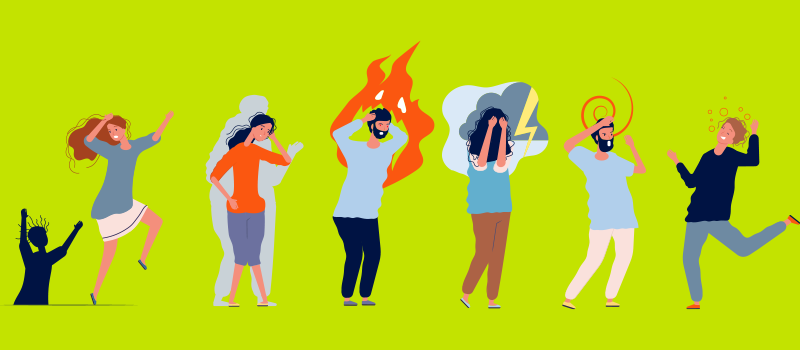

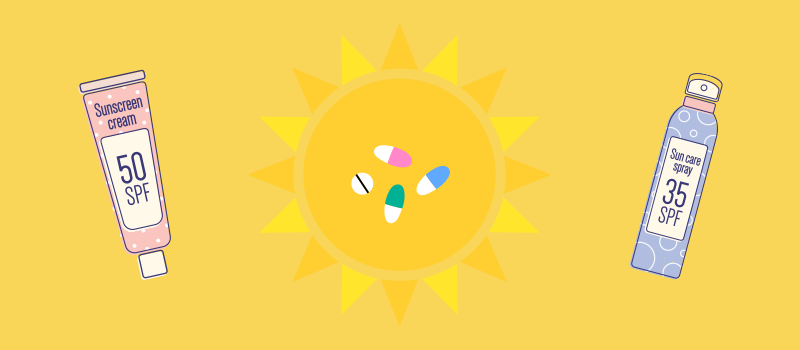
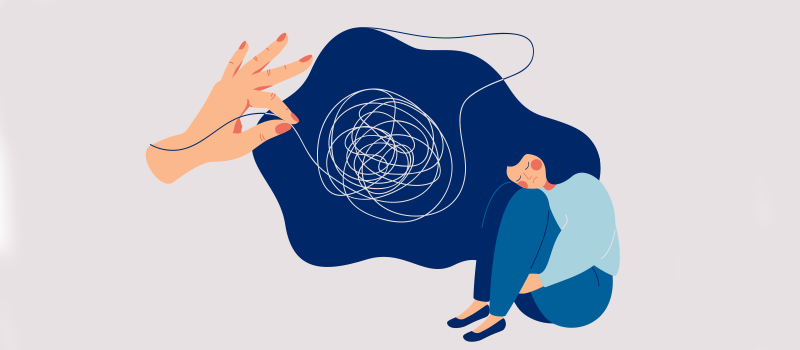
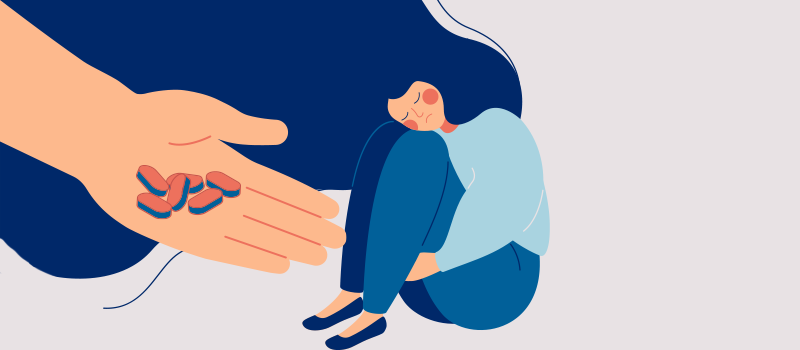

SOCIAL